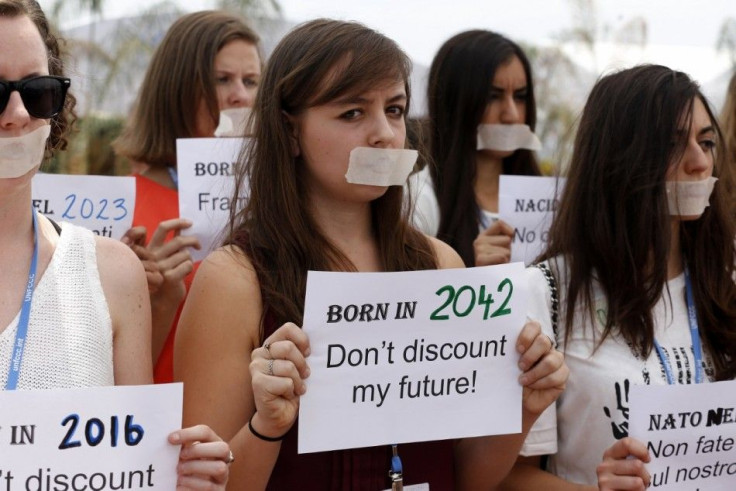New Zealand To Face A 'Big Challenge' in Meeting Emissions Target

New Zealand will face a "big challenge" in meeting its emission reduction targets after an international agreement in Lima, Peru. Climate Change Minister Tim Groser said New Zealand still has a lot of things to do before meeting the requirement.
The global agreement on climate change was signed in Lima last weekend and established the groundwork for a more comprehensive deal in Paris in December 2015. World leaders are expected to set and commit to emissions targets for all major nations for the first time.
Climate change negotiators from 190 countries came to the Lima conference to agree on a plan to fight the effects of global warming. The Lima deal requires countries to make bigger commitments to reduce emissions than the previous 2020 pledges. New Zealand currently has an emissions target of 5 percent below 1990 levels by 2020, the New Zealand Herald reported.
Groser remarked that meeting a greater emissions target by 2030 might be difficult for New Zealand since 80 percent of its electricity already comes from renewable sources. New Zealand has other problems as researchers have yet to find a solution to reduce the emissions coming from agriculture.
Groser revealed that New Zealand forests will be harvested by the late 2020s or early 2030s. The forests are significant in capturing carbon thereby helping the country cut emissions. The climate change minister said it will be difficult to set a target since no legal framework was established in Lima.
Meanwhile, a new report has revealed what the effects of climate change will look like today. New data from 56 million years ago was uncovered by scientists who have found a way to determine the rate at which carbon emissions warmed the planet, NBC reported. According to a new report published in Nature Geoscience, it took almost 200,000 years for the Earth to recover from the last global warming when temperatures rose by 5 to 8 degrees Celsius.
The report said that about 50 percent of the single-celled organisms had become extinct during the last major global warming. Researchers said people might not care about such organisms at the bottom of the ocean but taking them away would have "repercussions" for other creatures on the higher levels of the food chain.
Oceans had become toxic for coral reefs for about 10 million years before thriving at a time the planet had begun to cool. Scientists have noted that today's coral reefs are gradually feeling the effects of climate change. They fear that they will eventually disappear completely in the future.






